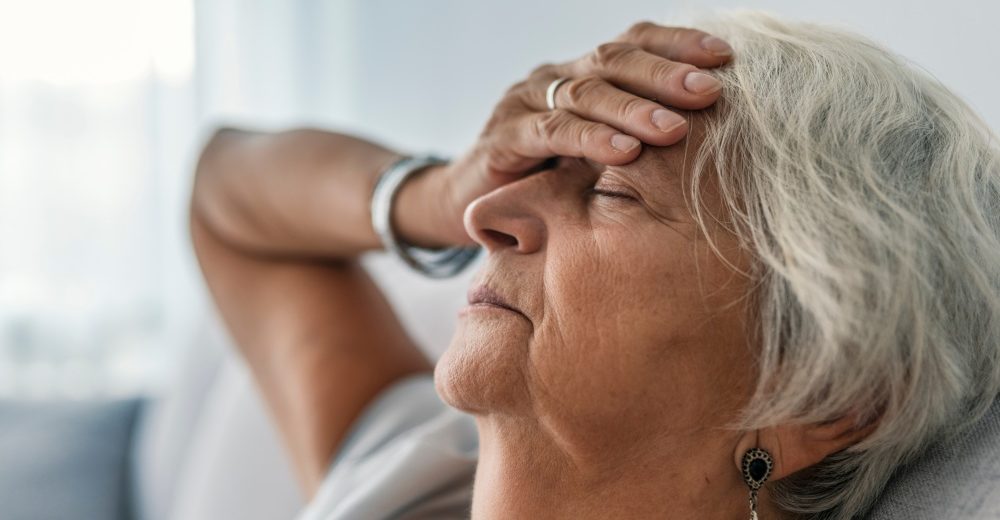Sanya Iyer, 49, noticed she had started experiencing episodes of intense warmth on her face, neck and chest. For a few weeks she dismissed these hot flushes as an effect of Delhi’s summer heat. It is when her symptoms grew unbearable, however, that she sensed something wasn’t right.
“Some of my family friends suggested I consult a gynecologist as hot flushes can occur during the early menopausal stage (perimenopause),” recalled Sanya.
She decided to come to Sitaram Bhartia Hospital in South Delhi and seek advice from our senior gynecologist. Here are all the doubts Sanya clarified at her checkup.
What causes hot flushes?
The exact reason women experience hot flushes is not known, but they can be triggered by the hormonal changes occurring in their bodies.
If you have been wondering what does a hot flush feel like, here are some signs you should keep an eye out for:
- Sudden feeling of warmth on your face and upper body
- Skin turning red
- Experiencing a rapid heartbeat
- Sweating
“In case you have suddenly started feeling warm and sweating for a few weeks, you might be undergoing the menopausal transition period.”
After some blood tests, the doctor was able to determine that Sanya was experiencing perimenopause. This is the reason she had been undergoing multiple episodes of hot flushes.
How long do hot flashes last for?
Hot flushes are a common symptom in 75% women going through menopause.
In some cases hot flushes start fading away after 6 months but it is possible they last for a longer period of time while in other women they may never occur at all!
Sometimes hot flushes can go on for years and drastically affect your emotional and physical health. Hot flushes at night, known as night sweats, can disturb your sleep and cause fatigue through the day.
Don’t dismiss your symptoms – consult a gynecologist today if you have been feeling tired, lethargic, or unwell.
How do I stop hot flushes?
Sanya was worried about her health and asked – “What helps hot flushes go away?”
Sanya was introduced to the idea of taking estrogen hormone supplements (Hormone Replacement Therapy or HRT). This form of hot flushes treatment cannot stop the symptoms completely, but hormone therapy can help relieve the intensity.
The first thing, however, doctors suggest is to make some lifestyle changes because HRT could cause side-effects.
Wondering how to stop hot flushes without HRT? If you have been looking for natural remedies for hot flushes, here are some steps you can adopt into your daily life:
- Regulate your room temperature to a cooler setting, or try to stay in a cool environment, as heat can trigger hot flushes
- Avoid eating spicy and hot food
- Try slow and deep breathing exercises in case of sudden episodes of hot flushes
- Adopt relaxation exercises such as meditation and yoga into your daily life
- Wear clothes in layers so that it is easier for you to take them off or wear them when your body temperature fluctuates
There are non-hormonal treatments available as well, which are best explained by your gynecologist.
With the doctor’s guidance, Sanya realised hot flushes aren’t always a cause of concern and started making changes to her lifestyle. As time passed, she got better equipped at dealing with her episodes and, subsequently, her menopausal transition as well.
This article was originally published in April 2019, and has been updated with inputs by Dr. Reva Tripathi, Senior Consultant & HOD, Obstetrics & Gynecology at Sitaram Bhartia Hospital in South Delhi.

Medically Reviewed by Dr. Reva Tripathi
MBBS, DGO (1976), MD (1978), King George’s Medical College, Lucknow; FICOG (1994)
Experience: 44 years
Come in for a consultation! Please call on +91 9871001458 to schedule an appointment.
More Resources:

